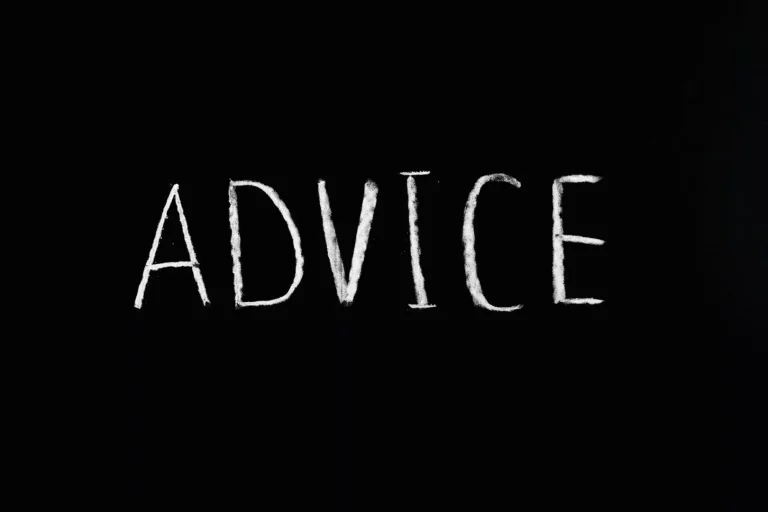Questions asked to child in custody case
Ever wondered what questions a judge asks a child in a custody case? Here at TheBostonDivorceLawyer, we have the answers. Find out what to expect in court and how to best prepare your child for their testimony.
As stated in “The American Bar Association Guide to Family Law,” judges in custody cases may ask children about their relationships with each parent, their living situation, and their preferences for custody arrangements. (American Bar Association Guide to Family Law)
Child’s age
In a custody case, I remember the judge asking my age to gauge my maturity level and communication skills.
Honestly, the child’s age can help the judge understand how well they grasp the situation and what kind of custody they prefer. Younger kids might struggle to explain their feelings clearly, while older kids might know more about what they want and need. The judge will consider the child’s age when deciding how much to listen to their wishes about custody.
It seems that, in the end, the child’s age is an important factor for the judge to make the best decision for the child’s well-being. It shows the judge where the child is in their development and how they might handle changes in where they live. Asking about the child’s age helps the judge gather the right information to make a fair decision about custody.
Child’s relationship with each parent
When a judge was deciding on my custody arrangements, they asked me about my relationship with each of my parents.
Let me explain, the judge might ask the child how often they see each parent, how they feel when they are with each one, and if they feel safe and happy with them. The judge might also ask if the child has seen any fights or arguments between their parents and how they feel about these situations.
Let me explain, furthermore, the judge might want to know if the child has any preferences about who they live with or how the custody should be arranged. It’s important for the judge to understand how the child gets along with each parent to decide what’s best for the child. The child’s thoughts and feelings help the judge understand their needs better, making it easier to decide on custody arrangements that will keep the child happy and safe.
Child’s wishes
Combining earlier ideas, in a custody case, I might find myself being asked by the judge about my own wishes.
If you think about it, the judge might ask questions like, Who do you want to live with? or Do you feel safe at both homes? What the child wants can help decide who gets custody. It’s important for the judge to know what the child thinks and feels about each parent.
The judge may ask about the child’s relationship with each parent and any concerns about visiting.
Basically, while the child’s wishes are considered, the judge will decide based on what is best for the child. It’s very important for the child to feel listened to and respected during this time. The judge’s questions aim to gather information to make the best decision for the child. What the child wants can greatly affect the outcome of the custody case.
The goal is to balance the child’s wishes with their safety and well-being.
Child’s routine and schedule
Improving our past conclusions, in a custody case, I might be asked about my daily routine and schedule to help the judge understand my life better.
You know, the judge might ask about the child’s daily activities, like when they wake up, go to school, eat meals, do homework, and go to bed. The judge may also want to know about after-school activities like sports or clubs and how often the child takes part in them.
Knowing the child’s daily routine helps the judge decide what’s best for the child in a custody case. By understanding the child’s schedule, the judge can see how each parent’s home life fits with the child’s routine.
The judge might also ask about any changes in the child’s routine since the parents separated or divorced. My point is, this could include changes in where they live, their school, or who takes care of them. By learning about these changes, the judge can understand how well the child is handling the new situations.
Moreover, the judge may ask the child about their thoughts and feelings on their daily routine. This allows the child to share what they need and want, making sure their well-being is considered in the custody decision. The judge’s goal is to form a custody plan that gives the child a stable and supportive routine that meets their needs.
Child’s education and extracurricular activities
Looking at what was said before, in a custody case, the judge asked me about my education and extracurricular activities to understand my daily routine and interests.
Basically, the judge may ask about the child’s school, including their grade level, favorite subjects, and any problems they are having. They might also ask about the child’s activities outside of school, like sports, music, or clubs, to see how the child spends their free time and what they enjoy.
My point is, the judge might ask about the child’s relationships with teachers, classmates, and friends to understand their social life and support from the community. Knowing about the child’s education and activities helps the judge understand their overall well-being. The judge asks these questions to decide the best custody arrangements for the child.
My Concluding Thoughts
In the preceding section Um, so ending this, judges in custody cases may ask children about their preferences for custody arrangements, their relationships with each parent, their daily routines, and any concerns they may have.
What TheBostonDivorceLawyers is preferring you think about is, by considering the child’s perspective, judges can make more informed decisions that prioritize the child’s best interests in custody disputes.
References
Here is the literature that I was using for drafting this article:
1. “Child Custody Litigation: Allegations of Child Sexual Abuse” by Nancy S. Erickson, American Bar Association
2. “The Role of Child’s Attorney and the Child’s Voice in Custody Cases: Custody Guidelines and Procedures” by George M. Floyd, Child Welfare League of America
3. “Child Custody Evaluation Standards” by Barry Bricklin, John Wiley & Sons







